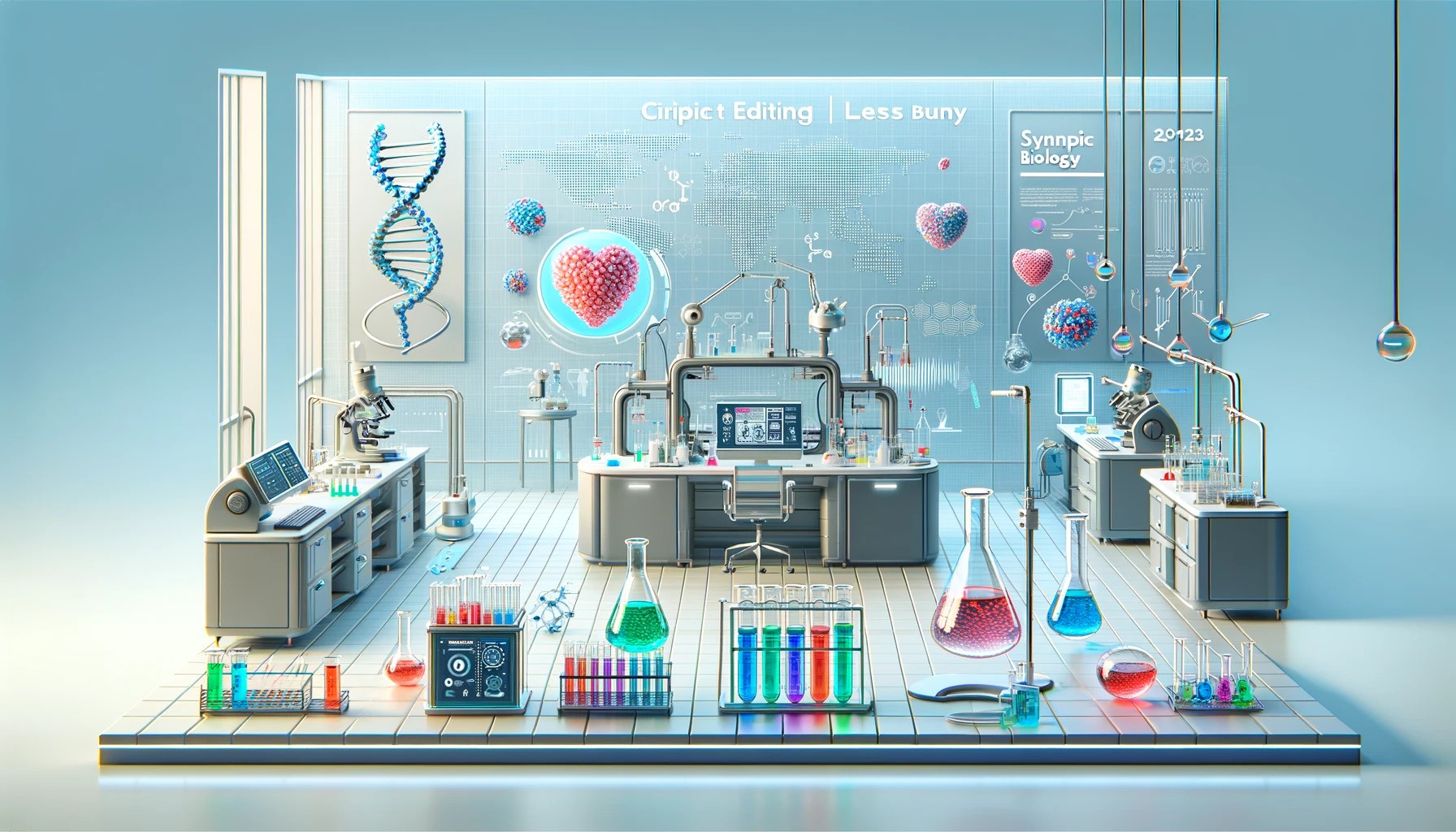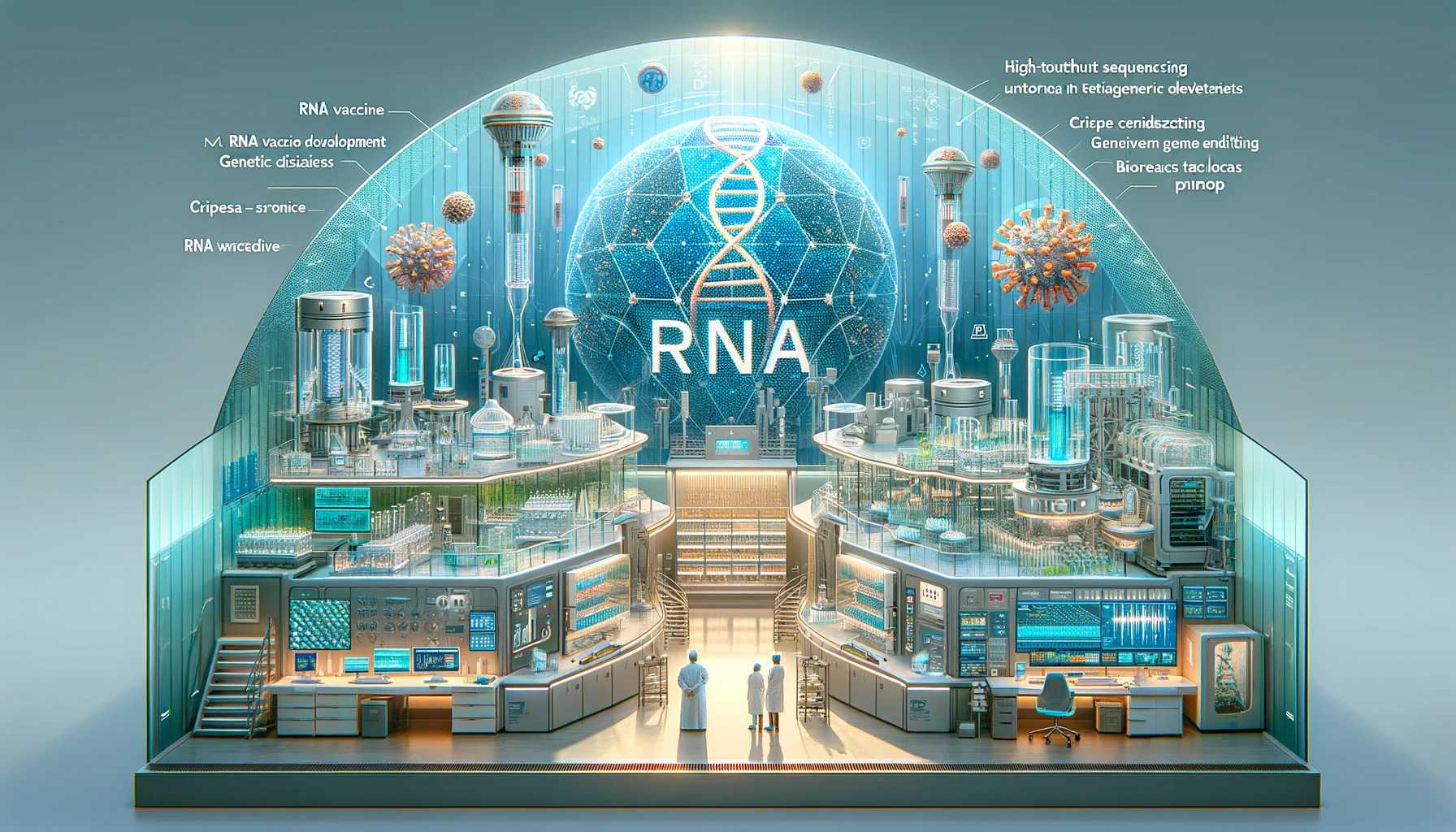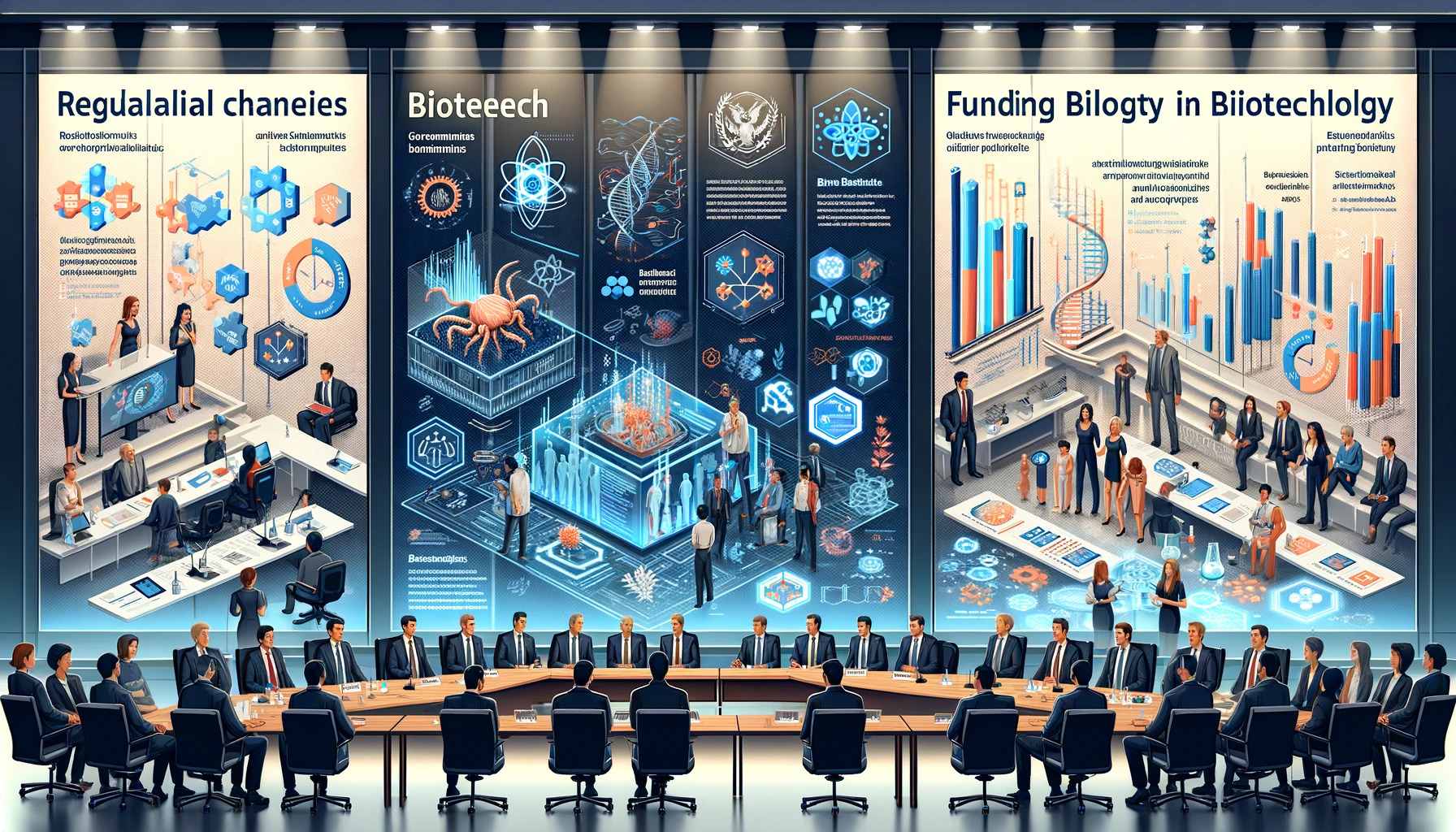7 Most Sought-After Skills in Biotech
A Data-Driven Look
Top challenges companies face when finding skilled workers
Technical Skills
Biotechs need specific skills like gene editing or new sequencing tools. Not everyone has these tools in their box.
Big Competition
Everyone wants skilled workers. Universities churn out grads, but big pharma and tech giants are also in the hunt.
Big Competition
Everyone wants skilled workers. Universities churn out grads, but big pharma and tech giants are also in the hunt.
Reasonable Salaries
Research is expensive. Paying top dollar for the best talent can be tough, especially against biotech giants with deep pockets.
Location, Location, Location
Biotechs huddle in certain areas. Finding talent elsewhere is like searching for a needle in a haystack. Not everyone wants to move.
Location, Location, Location
Biotechs huddle in certain areas. Finding talent elsewhere is like searching for a needle in a haystack. Not everyone wants to move.
Step into the future of biotech, where the battle for talent is raging. Get ahead, sign up today!
Driven by groundbreaking advancements in gene editing, synthetic biology, and artificial intelligence, the biotech and life science industries are not slowing down. And to stay competitive, many biotech companies increasingly seek individuals with niche skill sets and experience.
In this blog, we will explore the 7 most statistically-backed skills that biotech companies are seeking. They include:
Biostats
CRISPR Therapeutics
Protein Engineering
Problem Solving
Critical Thinking
Scientific Writing
Collaboration
By analyzing recent job postings, industry reports, and expert insights, we’ve broken these skills into 3 categories:
Technical Skills
Analytical Skills
Communication Skills
Now, let’s look more closely at each category, and learn the 7 most sought-after skills in biotech in 2024.
Technical Skills
Biotech and life science companies rely heavily on cutting-edge technologies and methodologies. Those who have mastered the technical skills can position them as valuable assets who can integrate into health technology jobs with ease and little effort.
Some of the most technically desirable skills biotech companies need are:
1. Biostatistics & Bioinformatics
The sheer volume of data generated in life sciences necessitates data management and analysis expertise. A 2023 report by Grand View Research estimates the global bioinformatics market will reach $28.5 billion by 2030.
2. CRISPR & Next-Generation Sequencing (NGS)
CRISPR therapeutics and NGS have revolutionized genomics research, and proficiency in these areas is increasingly sought-after. A study noted that NGS will have an estimated compound annual growth rate (CAGR) of 21.7% from 2024 to 2030.
Similarly, CRISPR therapeutics has seen a recent jump in value, gaining 64% in total for the past 12 months.
CRISPR’s diverse range of functions across not only drug discovery but also agriculture shows that the technology has yet to find its bounds. Companies beyond biotech will need these skills more in the foreseeable future.
3. Protein Engineering & Characterization
Proteins play critical roles in biological functions, and expertise in protein engineering and characterization is expanding. Honing skills in these areas allows researchers to understand, modify, and utilize molecules for breakthroughs.
Mordor Intelligence estimates that protein engineering will be worth $7.47 Billion by 2029. This more than doubles 2024’s $3.52 Billion market.
Analytical Skills
In addition to technical proficiency, the ability to interpret data and draw thoughtful conclusions will remain critical for research.
Aided by AI, these skills will increasingly empower individuals to contribute to out-of-the-box thinking in life science analyst jobs.
4. Problem-solving
A 2023 World Economic Forum report claims that problem-solving is a core competency across various industries, including biotech.
Biotech research encounters challenges daily. The ability to develop and identify creative solutions — not only in the lab but in regulatory and funding — is invaluable.
5. Critical thinking
Assessing information objectively, evaluating diverse perspectives, and forming sound conclusions are crucial for decision-making and research.
A 2023 survey by the National Association of Colleges and Employers revealed that critical thinking ranks among the top three skills employers seek.
Communication & Collaboration Skills
Scientific ventures often hinge on how a team can communicate and collaborate both inside and outside the lab.
6. Scientific writing
Clear conveyance in literature engages peers, regulators, and investors, making all the difference in a biotech’s success.
‘Scientists are incredibly knowledgeable about every detail of their research…’ reports Oxford University Press. ‘Often they’re the worst person in the world to write up their study.’
This might be because the distance between what they know, and what the reader knows is so vast. Having great science writing skills will communicate a vision and plan faster than any other method.
7. Teamwork and collaboration
The final skill in the future biotech workforce is likely the most difficult. The nature of scientific breakthroughs often needs collaboration between individuals all with diverse skill sets.
The 2023 report by the World Economic Forum states that collaboration is 1 of the top 3 skills for future positions, including health technology jobs.
Teamwork and collaboration are deep personal traits that are dependent on each person. By being aware of its value, as well as sharing vision with a team, it can be overcome.
Conclusion - The Most Desired Skills in Health Technology Jobs
The life sciences industry demands specific skills, including:
Biostats
CRISPR Therapeutics
Protein Engineering
Problem Solving
Critical Thinking
Scientific Writing
Collaboration
By garnering as many of these skills as possible, or one of them very deeply, an employee will empower themselves in a thriving career in biological science jobs in the UK and beyond.
Key takeaways.
Data matters, analysts win.
Write clearly.
Teamwork prevails.
Mazards, one of the top retained life science executive search firms in London, commissioned this piece from Dastrum, a life science marketing agency .
Want to find people with the right skills, or have those skills yourself? Contact us today!



